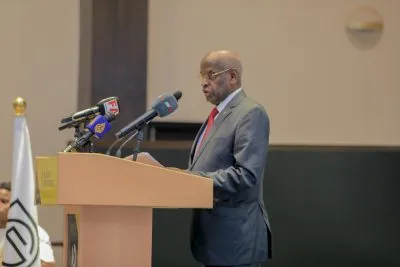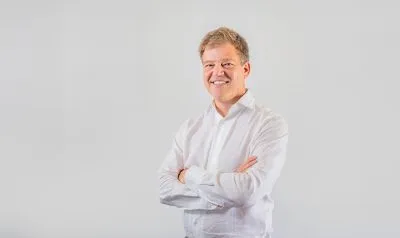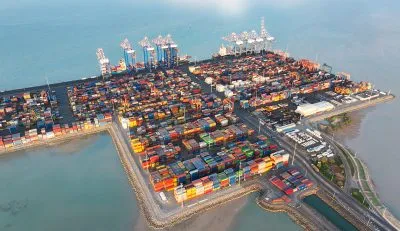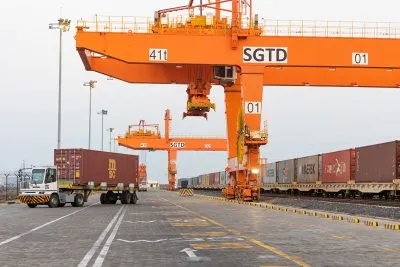African Business: It’s been an interesting month for the banking sector globally. How is the region being impacted by the current banking crisis and how are you reacting at Ecobank Senegal?
Sahid Yallou: Very clearly, the current situation cannot leave anyone indifferent. The whole world is affected and in particular the financial sector. Internationally, we have seen how a medium-sized bank like Silicon Valley Bank can really threaten the whole system. As far as the WAEMU [West African Economic and Monetary Union] is concerned, the Central Bank’s objective is to bring inflation down to 3%, which has required an increase in interest rates to contain inflation. As a result, borrowing rates will increase. As a financial institution, we are striving to maintain prudent management of our resources to deal with this environment and to continue to serve our customers effectively.
You were part of a landmark transaction alongside the World Bank’s private sector arm, the IFC. Can you tell us more about the €242m loan to the cement producer Sococim Industries and its importance to Ecobank Senegal?
Beyond the economic aspect, this transaction has very interesting environmental components. About 70% of the energy used will be of alternative origin, therefore less polluting; and this should reduce carbon dioxide emissions by more than 300,000 tonnes by 2030. In every transaction we finance, due3 diligence is carried out by our credit teams to ensure that the environmental and social risk is measured. This approach has been a tradition at Ecobank for many years and our credit policy is very clear on environmental and social impact.
This is therefore a transaction that has a positive impact on the country’s environment and ecosystem, and is beneficial to the economy in general, with knock-on effects across the whole value chain, as well as on the country’s production capacity and economic growth.
Cement sales are crucial for the development of infrastructure – especially for housing, in a country with a young, dynamic, and growing population. This transaction will therefore strengthen Sococim’s production capacity, while guaranteeing access to the raw materials necessary for this production.
The IMF predicts growth of around 8% in 2023 and 10% in 2024 for Senegal – the highest in Africa. How do you see this period of strong economic growth?
What is important to note is that for several years, apart from the Covid blip, Senegal has been consistently experiencing strong economic growth – a yearly average of 6% since 2014. Now, this growth is driven by, among other things, the emergence of a new industrial sector: oil and gas. As these projects come onstream they will have a significant impact on the country’s growth.
Basically, a new economy will emerge around this sector, as Senegal has until now been a net importer of oil and gas products.
The emergence of this new sector could lead to the creation of new small and medium enterprises (SMEs). To this end, a law has been passed and promulgated to encourage local content, obliging multinationals to allocate part of each contract and budget to local companies. We are therefore actively working to support these SMEs in their transformation, meeting the operational and capex requirements they may need due to this increased demand.
This requires a significant intervention in terms of financing to support their growth and development, and we as a bank are happy to see this increased business. The ripple effects of this transformation will affect all sectors, as cheaper energy will enhance the country’s competitiveness, which in turn will attract more investors – especially those in the industrial sector. So we are hopeful and positive about the outlook.
In terms of banking, we have seen the emergence of a dynamic fintech sector in Senegal, with new actors such as Wave. What’s your position as an incumbent actor in this sector and do you have links with these new financial players?
We are convinced that we can create value by partnering with fintech enterprises, which, let’s face it, are much more agile and innovative than us. We are very committed to the fintech community and work closely with them. As a testament to this policy, we have for a few years held a competition – the Ecobank Fintech Challenge.
The idea is to identify and partner with fintechs that are ready to scale and provide them with support and access to collaborate with us in all 33 markets in which we operate in Africa. We help them manoeuvre the regulatory environment and help them grow their business. So we see it as a mutually beneficial collaboration and work closely with them.
There is quite a large number of bank operators in Senegal. Do you think there is a need for consolidation of the banking sector? After all, big banks are the ones that can finance large infrastructure projects, for example.
I believe in competition and I think it’s healthy. If the banks are capable of offering a good service and are playing a valuable role in society, then that is a good thing. The banks are all regulated and it is the regulator who sets the rules.
Now, when we look at the wider landscape, banks don’t have the capital strength of the bigger banking groups. But fundamentally, we think that if the rules are respected, if the regulations are respected, competition is good.
How do you see the rest of the year?
The year 2023 has started quite well for us. We continue to implement our five-year plan and we see this year as full of opportunities, but also as a year where we have to be careful. We need to be wary of the global macro environment.
As for Senegal, the country is about to enter a new phase of economic development and we are looking forward to it. We are aware of the importance of our role, as financiers, in contributing to the wider economy and supporting businesses and our retail customers, and we are determined to play our part.
Want to continue reading? Subscribe today.
You've read all your free articles for this month! Subscribe now to enjoy full access to our content.
Digital Monthly
£8.00 / month
Receive full unlimited access to our articles, opinions, podcasts and more.
Digital Yearly
£70.00 / year
Our best value offer - save £26 and gain access to all of our digital content for an entire year!
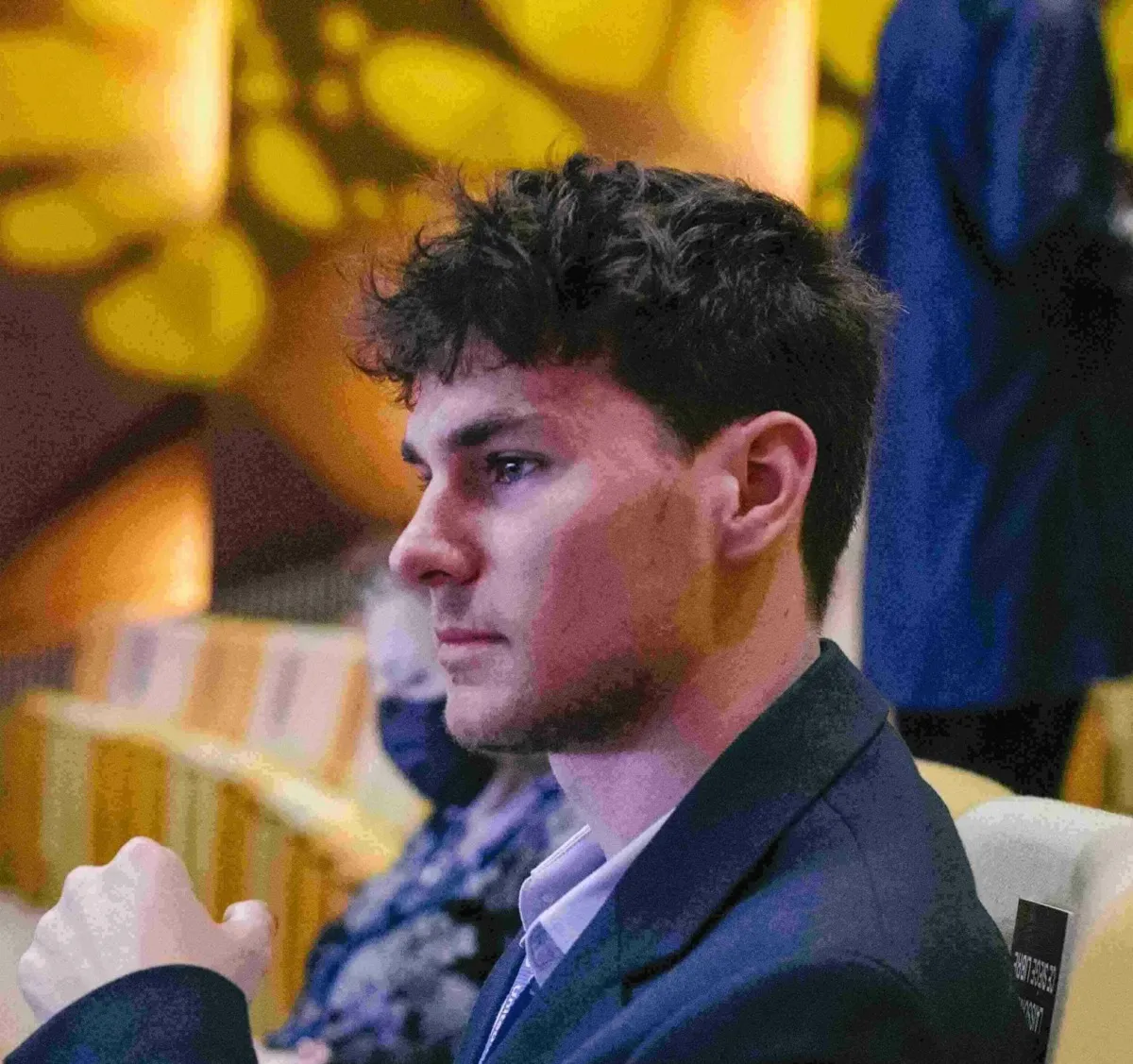
 Sign in with Google
Sign in with Google 
